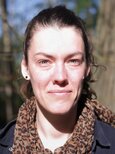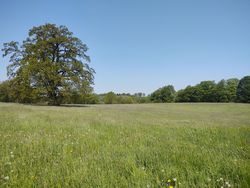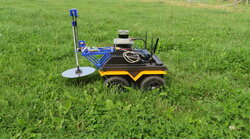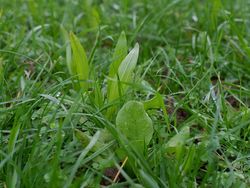Permanent and temporary grassland is very important in organic farming (around 50% of the area). The use of meadows and pastures does not only consist of producing feed for ruminants (cattle, sheep, goats). Grassland also provides exercise areas for poultry and pigs and can also contribute to a smaller extent to the feed supply for these animals. The preservation and use of grassland contributes to the provision of ecosystem services (biodiversity, climate protection, water conservation and nature conservation). When managing grasslands, it is therefore important to reduce trade-offs and maintain multifunctionality through site-specific management.
In practice, existing production potential is often not utilized. Good pasture management is particularly important in organic farming due to the obligation to let animals out to graze. Productive grassland areas provide more, higher quality forage. Especially in milk production systems this facilitates a reduction of feeds produced on arable lands (e.g. maize, grain, concentrated feed), which could also be used for the production of human edible foods. This further reduces greenhouse gas emissions and improves profitability of the farm.
The grassland working group mainly deals with issues relating to the use of grassland for ruminant nutrition. Grazing strategies and management concepts are investigated and improved in field trials. A strong research focus is to modernize pasture-based milk and beef production with the aim of maximizing the proportion of cost-effective pasture feed and minimizing negative effects on the environment such as greenhouse gas emissions.

![[Translate to English:] [Translate to English:]](/media/_processed_/8/e/csm_Bildschirmfoto_2021-03-03_bearb_fc48ac88bf.jpeg)
![[Translate to English:] [Translate to English:]](/media/_processed_/8/e/csm_Bildschirmfoto_2021-03-03_bearb_ba3ec0e9d7.jpeg)
![[Translate to English:] RindforNet](/media/_processed_/d/c/csm_Projekt_RindforNet_-_RindforNet_Logo_1d9ca1adc3.png)







![[Translate to English:] Establishment of a silvoarable agroforestry system for the production of high value timber](/media/_processed_/7/6/csm_Silvopast_Rinder_Baum_3c6c55ea8e.jpg)





